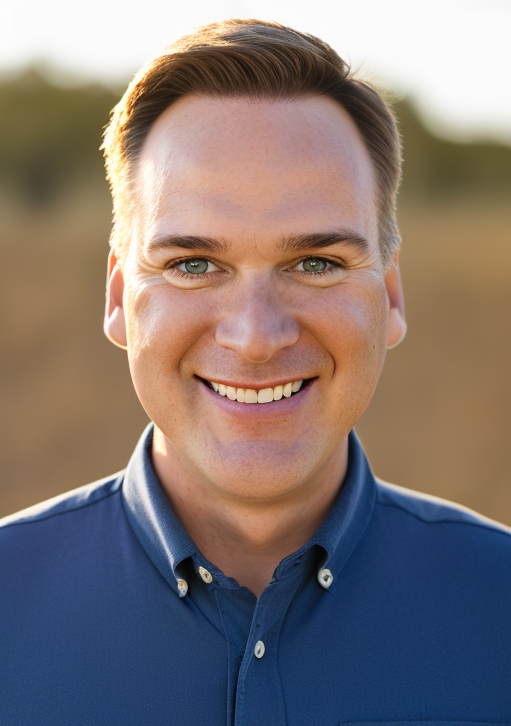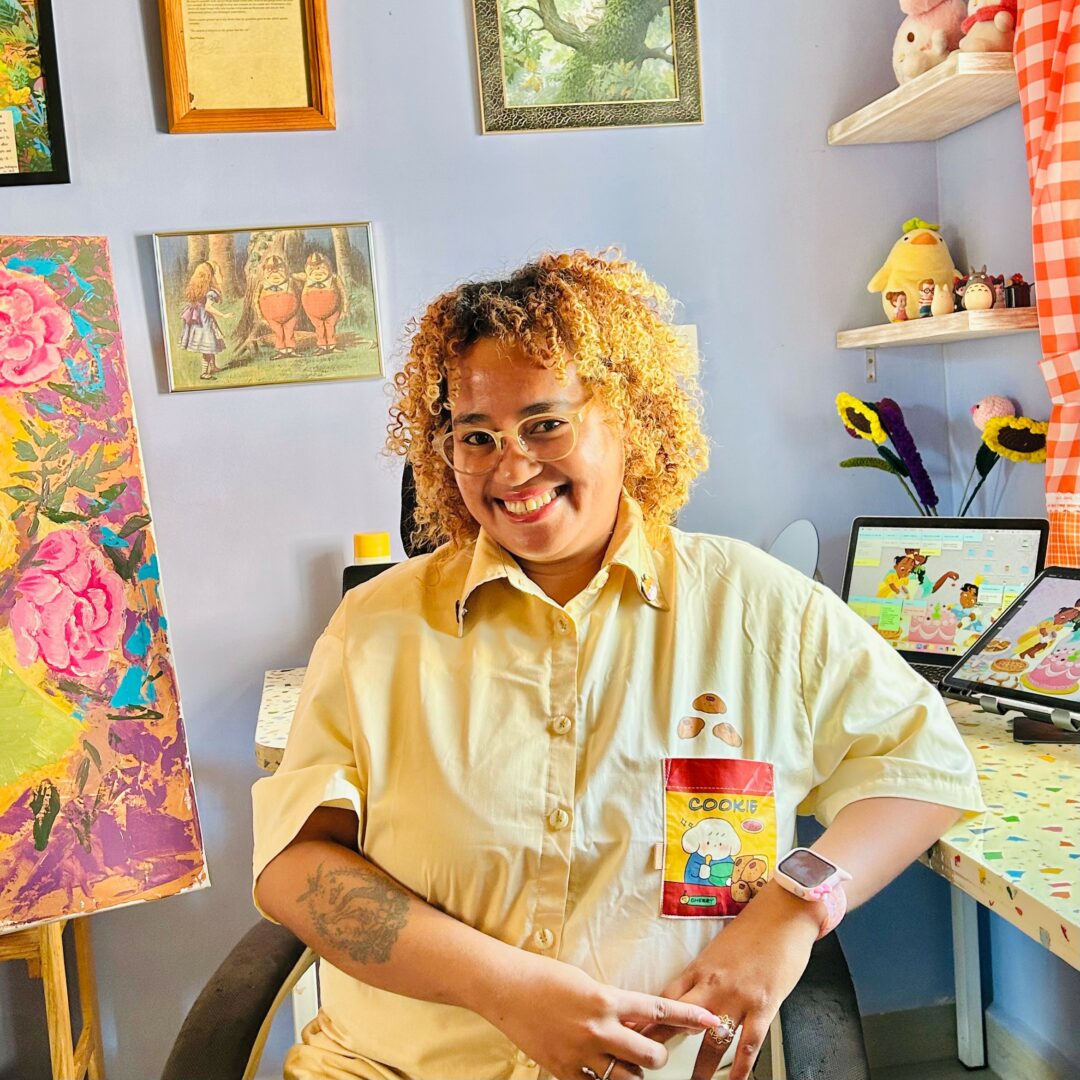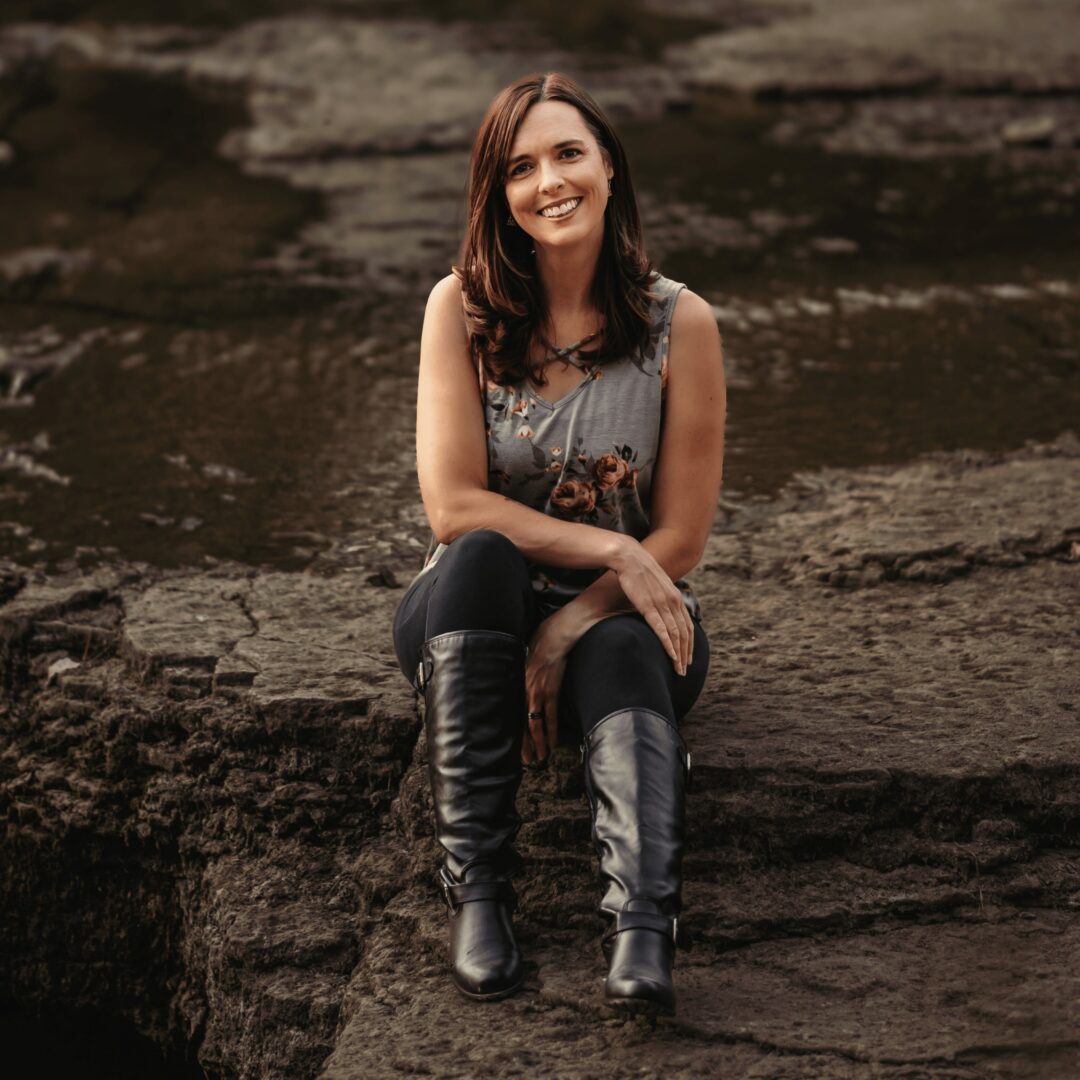We caught up with the brilliant and insightful Thomas Dunleavy, LCSW a few weeks ago and have shared our conversation below.
Thomas , so many exciting things to discuss, we can’t wait. Thanks for joining us and we appreciate you sharing your wisdom with our readers. So, maybe we can start by discussing optimism and where your optimism comes from?
My optimism really comes from the work I do, being diligent in my mindset, and from how I choose to experience the world. As a therapist, I get to see a lot of people change their lives every day. It’s like having a front-row seat to personal transformations which, for me, is a huge privilege and honor! Honestly, it’s hard not to be optimistic when you see someone who’s been struggling start to find their balance, make those tough calls in life which need to happen in order to change, and shift their relationship with their thoughts. This is not easy stuff to do! Being able to bear witness to this growth is deeply inspirational. How can I not be grateful when this is how I’m spending every day?
One of the therapies I specialize in is Dialectical Behavior Therapy (DBT) which is all about holding two opposing experiences at the same time. The concept of approaching life dialectically has really opened my eyes to the complexity and reality of what it takes to be alive today. Dialectics, as well as the mindfulness practice that I’ve cultivated for over 20 years, taught me that life is just not black or white, as easy as it would be if that were the case. Life is gray…and the deepness or lightness of that gray can change at a moment’s notice. This concept helps me stay hopeful, even when situations seem bleak at first glance.
Then there’s the incredible resilience I see in my clients. I keep coming back to them because the work they do and the transformation they achieve is just awe-inspiring. They come in, ready to not only face but work through their biggest fears, and then come out more peaceful, focused, and effective on the other side. Seeing that kind of strength and determination is a daily reminder of how capable we all are as humans. Despite what some thoughts may say: we absolutely can change, improve, and level up.
But the biggest factor to my optimism boils down to having a constructive and flexible mindset. This is almost non-negotiable. I’ve seen firsthand how not believing every thought you think and responding only to facts can literally change your life. Pair that with removing evaluating judgments, accepting what-is, and acting effectively towards your goals and we’re off to a pretty fulfilling and exciting place!
Let’s take a small detour – maybe you can share a bit about yourself before we dive back into some of the other questions we had for you?
I’m a mindfulness-based therapist and founder of Three Waves Psychotherapy, which is an online practice specializing in the “third wave” behavioral therapies: Dialectical Behavior Therapy (DBT), Acceptance and Commitment Therapy (ACT), and Mindfulness-Based Cognitive Therapy (MB-CT). Even though my office is in West Hollywood, I can see clients anywhere in California thanks to telehealth!
Most of my clients come to me looking for help with managing intense emotions (especially fear and anger) or to learn practical techniques to use when overwhelmed by thoughts. I specialize in the treatment of Borderline Personality Disorder, Anxiety/ Panic Disorders, and other trauma-related conditions, especially within the LGBTQ+ community.
My practice, Three Waves Psychotherapy, offers adherent Comprehensive DBT, which is an evidence-based intensive treatment created to help build a life worth living. We also offer DBT Skills Group which teaches practical approaches for getting through difficult times, managing emotions, improving relationships, and living more fully in the present moment. I absolutely love teaching, so in addition to DBT Skills Group, I also offer private DBT skills coaching and I have created a 14 week Cognitive Behavioral Therapy group which helps clients form a new relationship with their thoughts.
Looking back, what do you think were the three qualities, skills, or areas of knowledge that were most impactful in your journey? What advice do you have for folks who are early in their journey in terms of how they can best develop or improve on these?
Learning how to listen to what my emotions are communicating was a game changer for me, as well as learning how to not impulsively act from them. I think most of us know how it is when emotions run high, right? Our ability to think clearly takes a backseat and we’re more likely to make snap decisions without giving them the time needed to look at it from multiple angles. And too many of us know that this can lead to choices we might regret later, affecting everything from our relationships to our careers. This is one of the reasons why I love the Distress Tolerance and Emotion Regulation modules in DBT. They give us easy to use and effective techniques to press pause on our urges, reflect on what’s going on, and then decide what’s most in line with what we really want and value. Being able to get through a hard time without making it worse is a critical skill to have when navigating through life’s ups and downs.
Mindfulness is also a key ingredient for me. I look at it like this: In our day-to-day lives, we’re often on autopilot, lost in our thoughts about yesterday and worrying about tomorrow. Sound familiar? Mindfulness pulls us out of that whirlwind and gently places us back into our power. It’s like taking a step back from chaos and making space to just be and regroup. You’re training your mind to be a calm observer of your thoughts and feelings, which means when life throws curveballs (which we know it will), you’re less likely to be knocked off your feet. Mindfulness transforms your relationship with your own mind, teaching you to meet challenges with a sense of peace instead of panic. I’m not sure about you but I know I can benefit from that every day!
I’ve also found that embracing imperfection and practicing acceptance has opened up more doors for me than resistance and unattainable idealism ever did. Here’s the thing: when we take a step back, we see the reality that life is unpredictable, complex, full of ups and downs, and far from perfect. And guess what? The same goes for us humans. When we spend our energy chasing after something that can never be achieved, like perfection, or resisting the reality of our situations as much as we wish it were different, what we’re doing is setting ourselves up for a whole lot of frustration and disappointment. But when we start to make room for our complexity and view it non-judgmentally, warts and all as they say, it’s like a weight lifts off our shoulders.
Now, to be clear: Acceptance does not mean resignation. When we’re accepting ourselves as we are, this doesn’t mean we’re giving up on growth and tossing our hands in the air and saying “Oh well.” That’s resignation, not acceptance. What we are doing when practicing acceptance is we’re acknowledging what IS and moving forward towards change with kindness and compassion for ourselves and others. This awareness is our point of power. For me, it’s led to resiliency, contentment, wellbeing, and honestly, liberation.
What do you do when you feel overwhelmed? Any advice or strategies?
It’s completely normal to feel overwhelmed at times and to be real, how can we not when we consider everything happening in the world, all the pressure, and the constant stimulation around us? Feeling overwhelmed is the brain’s natural way of saying we need to stop, breathe, and give ourselves a little extra compassion, patience, and perspective. There’s something very loving about this response, though I know it doesn’t feel that way when it’s happening!
First off, it’s super important to listen to what your mind is telling you, especially when it’s screaming “This is too much! I can’t handle this!” That’s your cue to take a step back and check in with yourself. It’s essential to bring the emotion down. Remind yourself that you have thousands and thousands of thoughts a day and not all of them are going to be helpful, supportive, or accurate. And the ones that make you believe you have to handle everything perfectly or control every outcome certainly wouldn’t fall into the “constructive thought” category! A good starting point is to get a little curious about those thoughts. Ask yourself: “Is the content of this thought a fact, or am I being a bit too hard on myself?” Check in on your expectations, as well as what standard you’re imposing on yourself, and see if it’s attainable or even realistic. If not, modify them so there’s more balance based off of what you can actually do in this moment.
Breaking what needs to happen down can be really helpful too. Instead of looking at everything as one big mountain of ‘to-do’s’, chop it up into smaller hills that you can walk through one at a time. It’s about making what needs to happen seem more manageable and validating the reality that you can only do one thing at a time. Prioritize the action steps and remind yourself as many times as needed that the only thing to focus on right now is this one task at hand. That’s it! And then when that task is completed, move on to the next.
I also believe that recognizing your limits is not a weakness; it’s actually pretty wise! There’s a lot of strength in saying “This is what I can handle right now and that’s enough.” It’s more than okay to ask for help or push something to the back burner if you need to and have that option. You don’t always have to have all of the answers right away and you don’t have to catch every ball that’s thrown at you. Trust that as you move towards what’s important to you, more will be revealed. And when you boil it down, realistically speaking, the only task that you can ever address is the one right in front of you anyway so how about you start there and see where that leads you?
Contact Info:
- Website: www.threewavespsychotherapy.com
- Instagram: https://www.instagram.com/threewavestherapy/
@threewavestherapy







